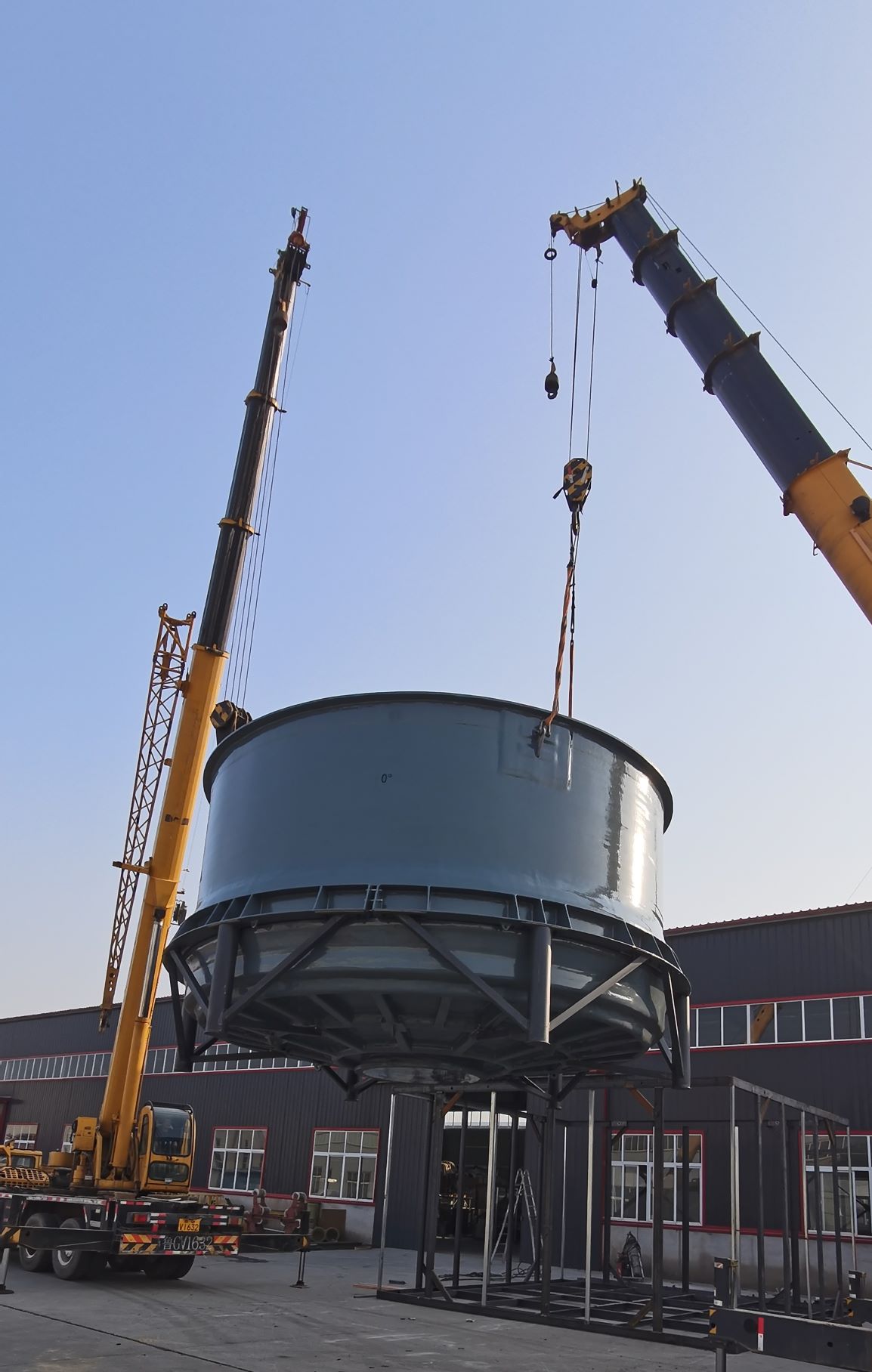
-
 Afrikaans
Afrikaans -
 Albanian
Albanian -
 Amharic
Amharic -
 Arabic
Arabic -
 Armenian
Armenian -
 Azerbaijani
Azerbaijani -
 Basque
Basque -
 Belarusian
Belarusian -
 Bengali
Bengali -
 Bosnian
Bosnian -
 Bulgarian
Bulgarian -
 Catalan
Catalan -
 Cebuano
Cebuano -
 China
China -
 China (Taiwan)
China (Taiwan) -
 Corsican
Corsican -
 Croatian
Croatian -
 Czech
Czech -
 Danish
Danish -
 Dutch
Dutch -
 English
English -
 Esperanto
Esperanto -
 Estonian
Estonian -
 Finnish
Finnish -
 French
French -
 Frisian
Frisian -
 Galician
Galician -
 Georgian
Georgian -
 German
German -
 Greek
Greek -
 Gujarati
Gujarati -
 Haitian Creole
Haitian Creole -
 hausa
hausa -
 hawaiian
hawaiian -
 Hebrew
Hebrew -
 Hindi
Hindi -
 Miao
Miao -
 Hungarian
Hungarian -
 Icelandic
Icelandic -
 igbo
igbo -
 Indonesian
Indonesian -
 irish
irish -
 Italian
Italian -
 Japanese
Japanese -
 Javanese
Javanese -
 Kannada
Kannada -
 kazakh
kazakh -
 Khmer
Khmer -
 Rwandese
Rwandese -
 Korean
Korean -
 Kurdish
Kurdish -
 Kyrgyz
Kyrgyz -
 Lao
Lao -
 Latin
Latin -
 Latvian
Latvian -
 Lithuanian
Lithuanian -
 Luxembourgish
Luxembourgish -
 Macedonian
Macedonian -
 Malgashi
Malgashi -
 Malay
Malay -
 Malayalam
Malayalam -
 Maltese
Maltese -
 Maori
Maori -
 Marathi
Marathi -
 Mongolian
Mongolian -
 Myanmar
Myanmar -
 Nepali
Nepali -
 Norwegian
Norwegian -
 Norwegian
Norwegian -
 Occitan
Occitan -
 Pashto
Pashto -
 Persian
Persian -
 Polish
Polish -
 Portuguese
Portuguese -
 Punjabi
Punjabi -
 Romanian
Romanian -
 Russian
Russian -
 Samoan
Samoan -
 Scottish Gaelic
Scottish Gaelic -
 Serbian
Serbian -
 Sesotho
Sesotho -
 Shona
Shona -
 Sindhi
Sindhi -
 Sinhala
Sinhala -
 Slovak
Slovak -
 Slovenian
Slovenian -
 Somali
Somali -
 Spanish
Spanish -
 Sundanese
Sundanese -
 Swahili
Swahili -
 Swedish
Swedish -
 Tagalog
Tagalog -
 Tajik
Tajik -
 Tamil
Tamil -
 Tatar
Tatar -
 Telugu
Telugu -
 Thai
Thai -
 Turkish
Turkish -
 Turkmen
Turkmen -
 Ukrainian
Ukrainian -
 Urdu
Urdu -
 Uighur
Uighur -
 Uzbek
Uzbek -
 Vietnamese
Vietnamese -
 Welsh
Welsh -
 Bantu
Bantu -
 Yiddish
Yiddish -
 Yoruba
Yoruba -
 Zulu
Zulu
The Role of FRP Vessels in Modern Industrial Applications and Their Advantages
FRP Vessels A Modern Solution for Various Applications
Fiber Reinforced Plastic (FRP) vessels have emerged as a revolutionary solution in various industries, from chemical manufacturing to wastewater treatment. The versatility, durability, and lightweight properties of FRP materials make them an attractive option compared to traditional materials like metals and concrete. This article delves into the advantages of FRP vessels, their applications, and the reasons behind their increasing popularity.
Understanding FRP Technology
FRP materials consist of a polymer matrix reinforced with fibers, which typically includes glass, carbon, or aramid fibers. This composite structure provides exceptional strength-to-weight ratios, corrosion resistance, and design flexibility. The manufacturing process involves layering the reinforcement with resin, which cures to form a solid, robust vessel. Thanks to advances in technology, FRP vessels can now be tailored to meet specific requirements, including size, shape, and pressure ratings.
Advantages of FRP Vessels
1. Corrosion Resistance One of the most significant advantages of FRP vessels is their ability to withstand harsh chemical environments. Traditional materials like steel can corrode over time when exposed to aggressive chemicals; in contrast, FRP does not rust or corrode, leading to longer service life and reduced maintenance costs.
2. Lightweight The lightweight nature of FRP makes it easier to transport, install, and handle compared to heavier materials. This characteristic is particularly beneficial in applications where weight is a critical factor, such as aerospace or offshore platforms.
3. Design Flexibility FRP can be molded into complex shapes and sizes, allowing for custom designs that meet specific operational requirements. This flexibility makes it a preferred choice for industries requiring unique vessel configurations.
4. Thermal Insulation FRP vessels have excellent thermal insulation properties. This feature is crucial in processes requiring temperature stability, helping to maintain optimal operating conditions and enhancing energy efficiency.
frp vessel

5. Low Maintenance The longevity and durability of FRP vessels translate to lower maintenance needs and costs. Without the constant upkeep required by traditional materials, FRP vessels can significantly reduce operational downtime.
Applications of FRP Vessels
FRP vessels find applications in various sectors, including
- Chemical Industry Used for storage and transport of chemicals, acids, and solvents, FRP vessels are ideal in environments that pose corrosion risks to other materials.
- Water Treatment In wastewater treatment plants, FRP vessels are utilized for chemical mixing and storage, contributing to more efficient and environmentally-friendly wastewater management.
- Food and Beverage Industry The non-corrosive nature of FRP makes it suitable for the storage of food products, additives, and beverages, ensuring safety and hygiene.
- Marine Applications Due to their lightweight and resistance to saltwater corrosion, FRP vessels are widely used in marine applications, including shipbuilding and offshore oil drilling.
Conclusion
As industries continue to seek materials that offer enhanced performance, sustainability, and cost-effectiveness, FRP vessels have become a vital option in the modern manufacturing landscape. Their unique properties empower businesses to optimize operations while ensuring safety and compliance with environmental regulations. With continued advancements in FRP technology and an increasing awareness of its benefits, the future of FRP vessels looks promising. As industries evolve, FRP will likely maintain its position as a leading choice for specialized applications, paving the way for innovative practices that contribute to a more sustainable and efficient world.









